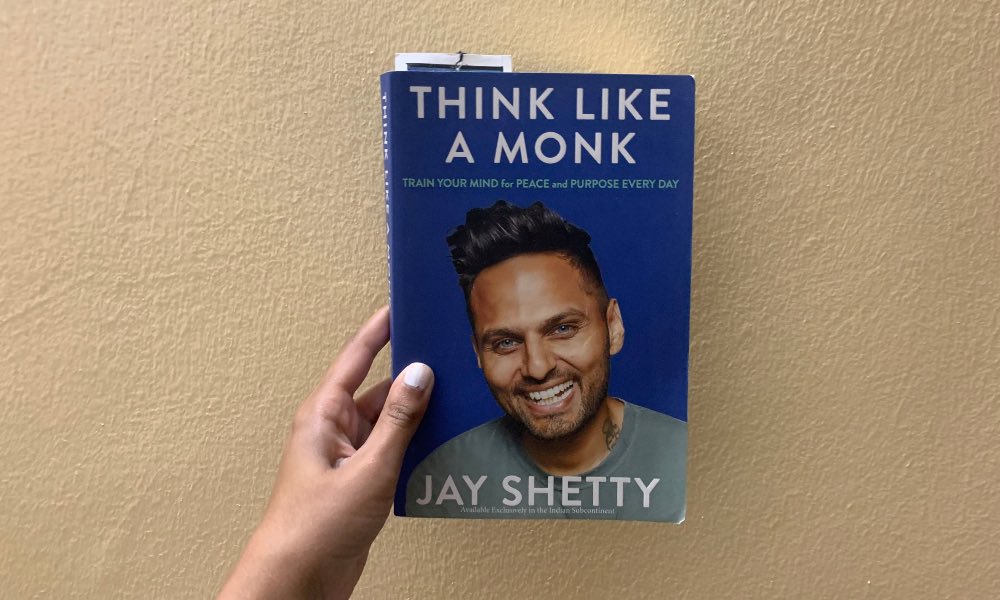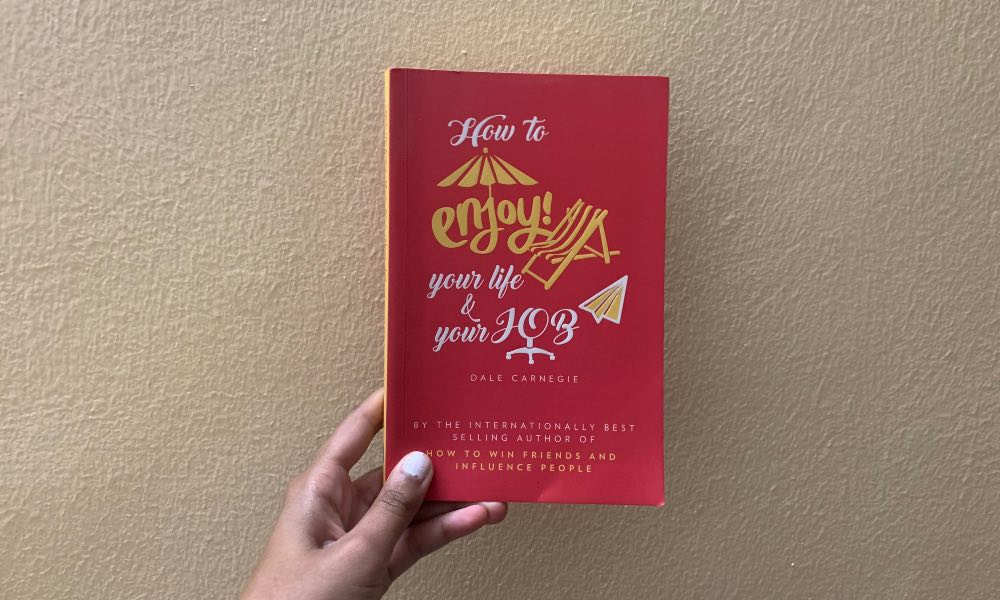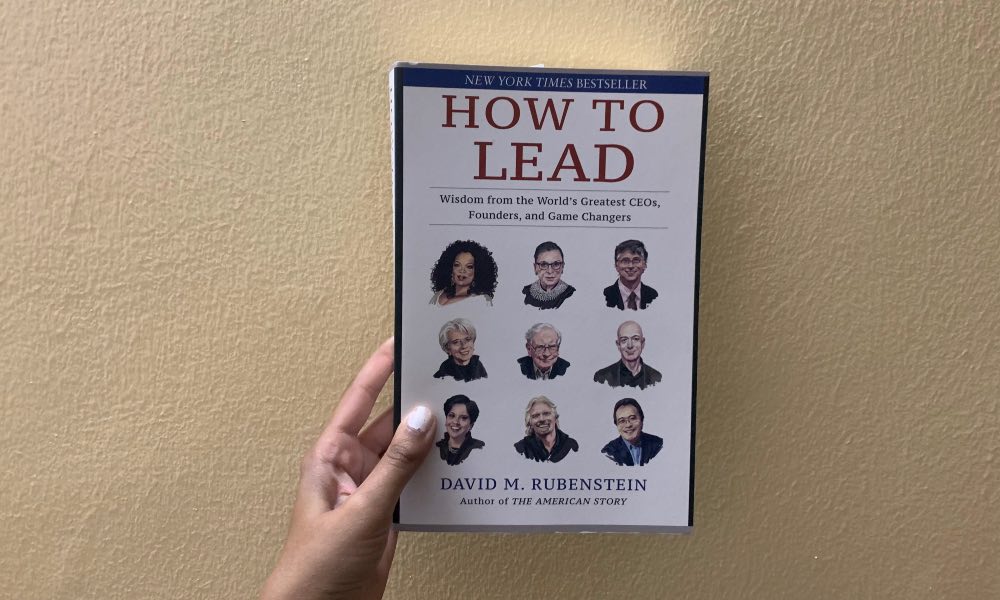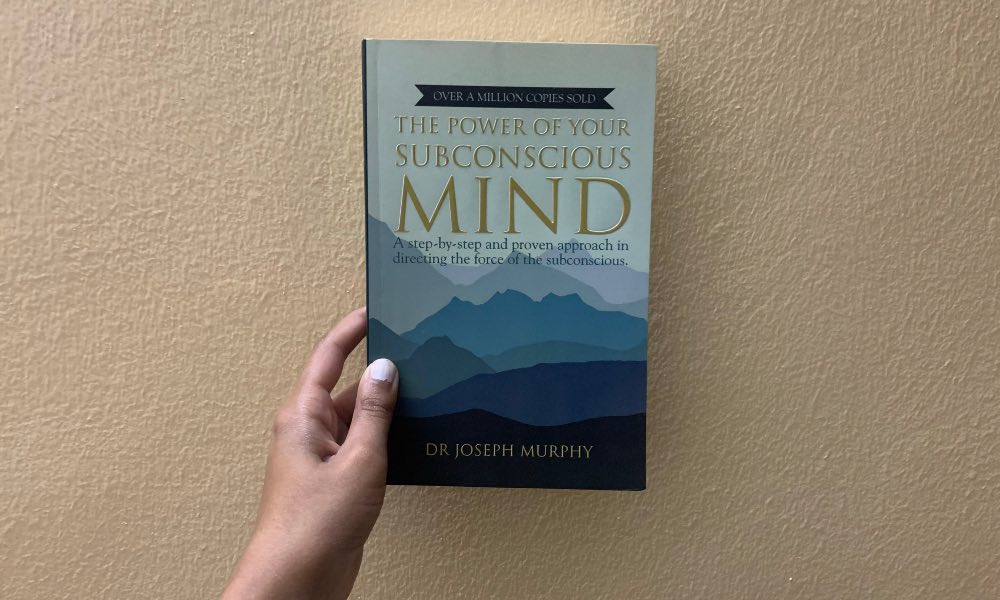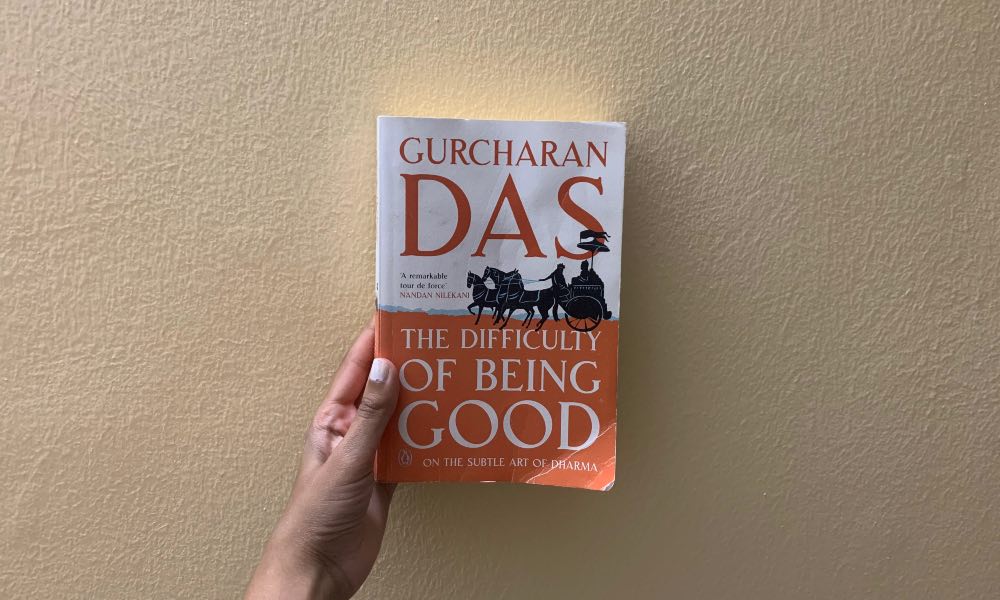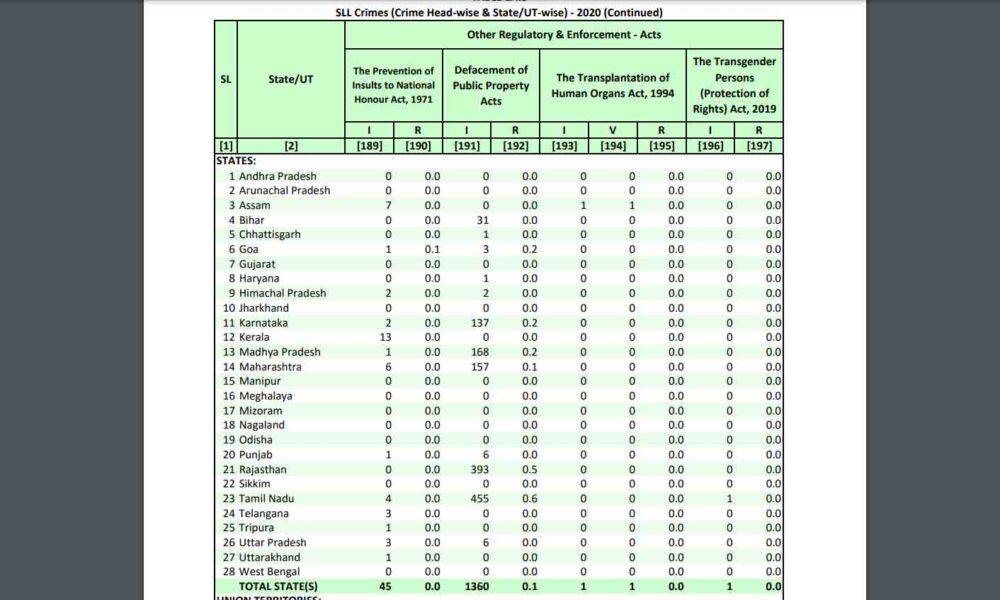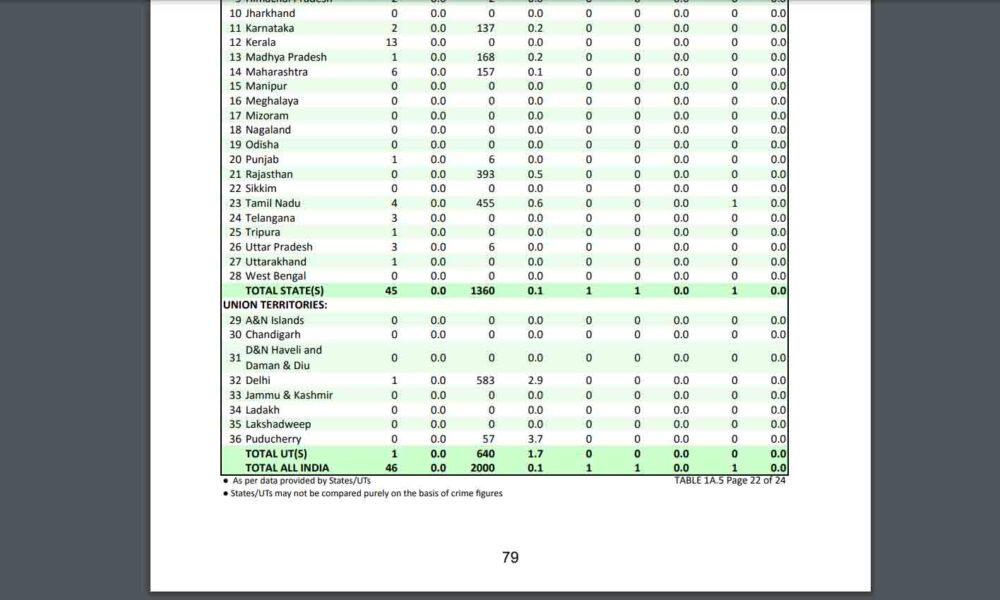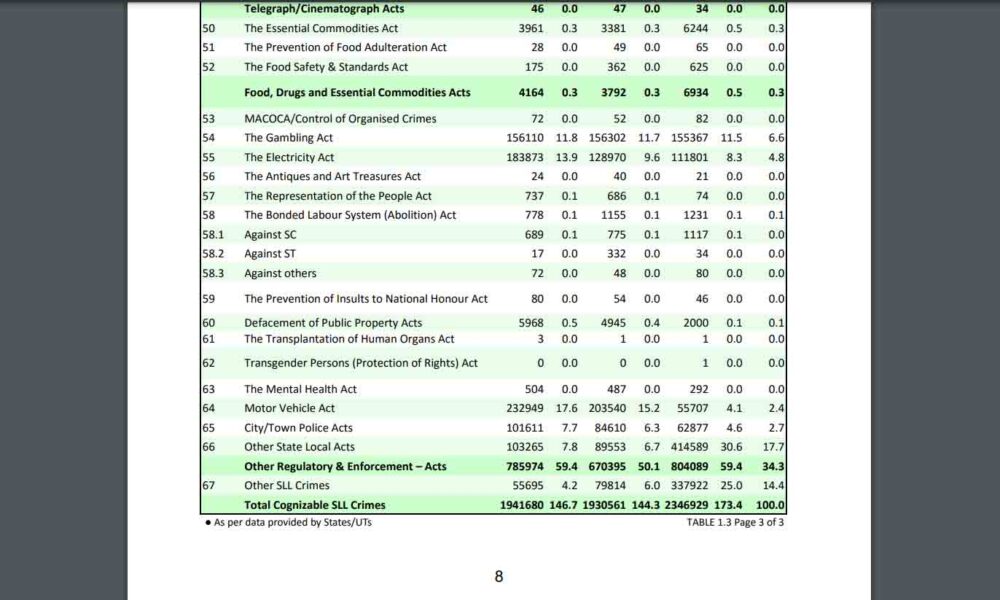Self-help books thrive on self-doubting and represent toxic positivity, say experts.
When is the right time to quit? When is the right time to tell yourself to stop? Is it that hard? The answer lies in self-help books. Or does it?
Self-help books have witnessed a rise in sales. “The sales have gone up by almost 20 percent,” said Mahesh Gowda, an employee at Blossoms book house. He also added that readers are giving self-help books a shot.
“A self-help book lets me connect with my innermost emotions. Finding a book which can teach you ways to deal with a situation or for that matter even help you become better is very easy nowadays. I am currently reading the Difficulty of Being Good by Gurcharan Das. The book triggers my thoughts and definitely does drive change in me,” said Aditi Nair, a book reader.
“Self-help books are written with intentions of spreading positivity and building a reader-writer relation. However, this ideology drifts into toxic positivity. These books offer quick fixes which are never applicable in real life. They make us believe that by applying formulas 1,2,3 things will be okay, ” said Neelesh, an author.
According to research, over generalization of optimism gives rise to toxic positivity and it disconnects a person from their emotional selves.
Shikha Suresh, a psychologist, emphasized how self- help books are based on personal experiences. “Self-help books are one recipe for millions out there. Only in the rarest of the rarest cases it is that the same psychological treatment has worked for multiple people,” she said.
“Self-help books just take from you. Their sales model is built on your insecurities and making you feel inadequate. When can one stop this vicious cycle of self-doubting and validating the same in the name of self- help books?,” said Sashi Ravi, a book reviewer.
“I have observed that a lot of people are exposed to self-help books,” he further said.
Motivation is needed but action is vital. Individual treatment helps your individual history. The bars are also set very high by these books, which can end up de-motivating the reader, she added.
The art of selling
According to a report, the self-help book industry currently generates 18.6 million dollars in revenue. In 2020, the industry witnessed a 19 percent rise.
“These books are marketed to drive change in you,” said Ishrath Shaik, a reader. At the end of the day, these books are written by writers and not psychologists. “The first few books helped me not because of the content, rather just the idea that I am a ‘confident-personable’ human now. But after this, most books were a repetition of the same thing over and over again,” she added.
Kevin Steve, a reader, said that the concept of self-help books is flawed “Bookstagrams and Instagram influenced me to read self-help books. I personally feel that the writer is forcing his philosophy on me. Everyone’s experiences and traumas are different, a book can’t really do anything about it unless you put in physical effort.”


